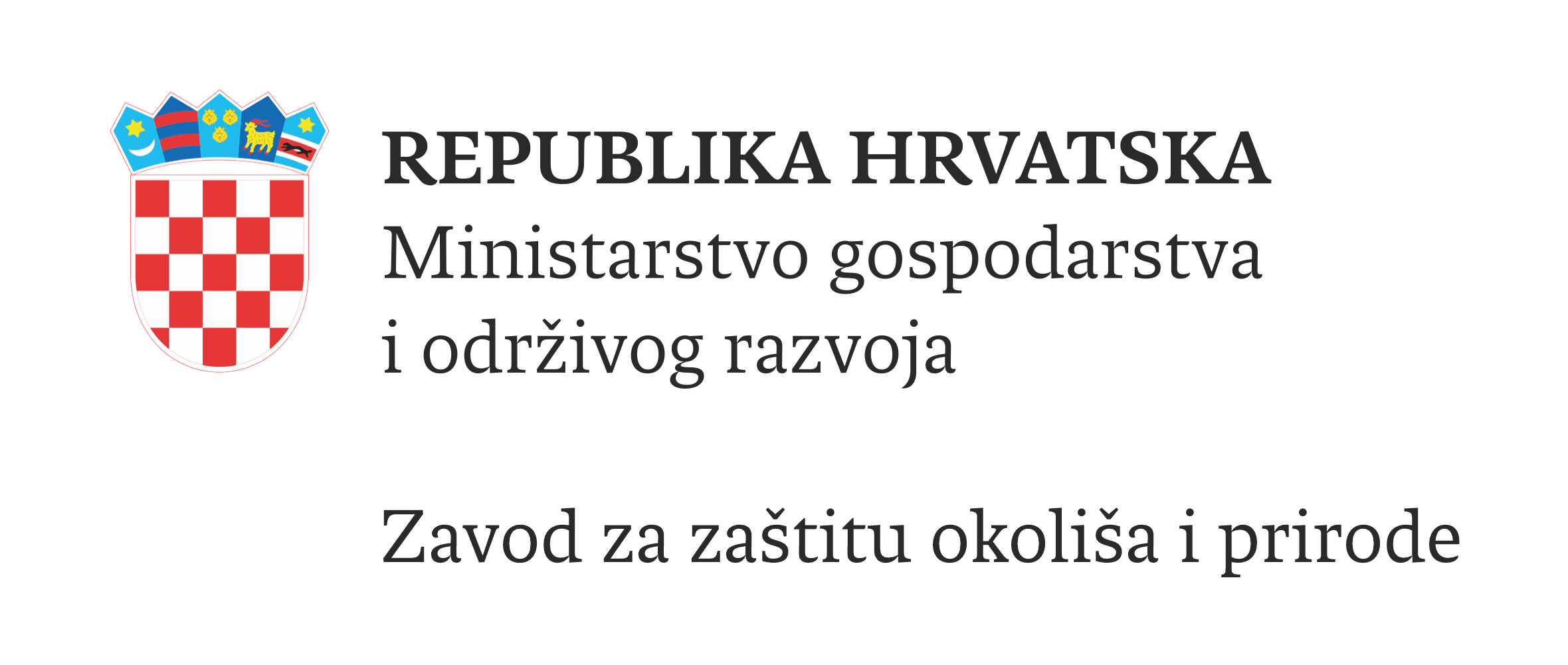The first national seminar on the removal of barriers in Croatia was held on 23 May 2024 in the Plitvice Lakes National Park. The seminar has brought together all the relevant stakeholders from the public, private and NGO sectors with the aim of forming a network of organisations, institutions and experts dealing with the issue of removing artificial barriers in watercourses. This international event was organised by the Plitvice Lakes National Park and WWF Adria in cooperation with the Institute for Environment and Nature of the Ministry of Environmental Protection and Green Transition.
The removal of artificial barriers restores the natural dynamics of water flow, enables the migration of fish and species living in rivers, and significantly reduces the risk of floods and droughts. Rivers naturally restore numerous functions that benefit both individuals and communities, from providing drinking water and food to regulating the effects of climate change. That makes the initiatives for the removal of artificial barriers in rivers extremely important both for nature and people.
Experts from the Plitvice Lakes NP have presented the current project of the first removal of artificial barriers in Croatia that is implemented in the Bijela rijeka watercourse in the national park with the financial support from the European Open Rivers Programme, a grant-giving organisation dedicated to restoring rivers. The Head of the Institute for Environment and Nature presented the “Improve River Life Project” which will develop a register of artificial barriers in watercourses in Croatia and a priority list of sites for restoration through barrier removal or adjustment. Experts from France, the Netherlands and Spain presented European experience to the seminar stakeholders. A panel discussion at the end of the seminar addressed the challenges and the future of removal of artificial barriers in Croatia, with participants from the Institute for Environment and Nature, the Plitvice Lakes National park, Hrvatske vode, the Public Institution “Sea and Karst”, and WWF Adria. One of the panel conclusions is the essential inter-sectoral cooperation and continuous education through communication about why the removal of artificially built barriers in rivers is important. The panellists also agreed that the removal of artificial barriers from the Bijela rijeka watercourse is just the beginning, as well as the mapping done through the “Improve River Life Project” that is implemented by the Institute for Environment and Nature, Hrvatske vode, the Faculty of Science, and the Public Institution “Sea and Karst”.
The removal of artificial barriers from watercourses is a long-lasting process about which all of us still have a lot to learn, relying on the positive experience from other countries such as France in which hundreds of barriers have been removed.
In addition to being harmful for nature and its living world, artificial barriers in watercourses are also a risk for people. According to the recently published Report of the Dam Removal Europe Movement, 82 incidents caused by river barriers have been recorded so far, with as many as 129 fatalities. The target of the EU Biodiversity Strategy 2030 is to establish at least 25,000 km of free flowing rivers by 2030.
On the positive side, the resources for the removal of artificial barriers in Croatia are foreseen from different funding sources; artificial barriers are being mapped and counted; experience from abroad is being collected; and now all of that needs to be replicated in as many locations as soon as possible in Croatia and the region.

